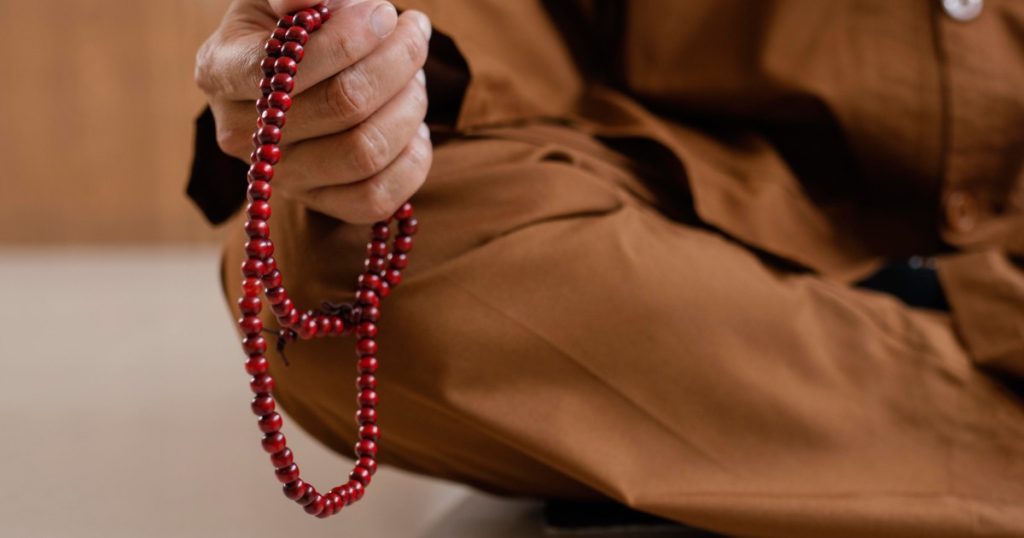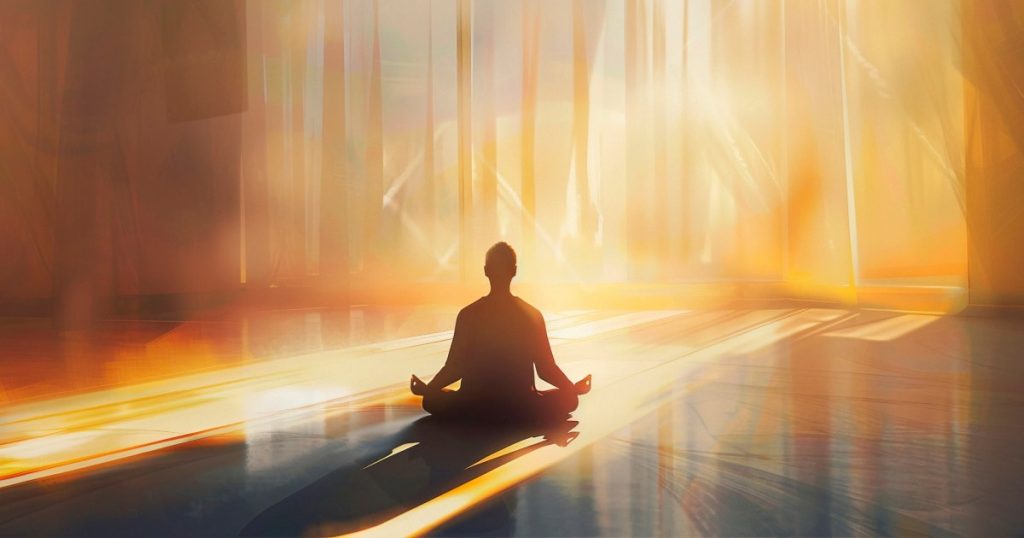In recent years, more and more people have begun identifying as spiritual but not religious (SBNR). This shift is especially visible among younger generations who are looking for meaning, belonging, and purpose, yet often outside the structures of organized religion.
Many are drawn to practices like meditation, mindfulness, journaling, or nature-based rituals that offer personal connection without institutional boundaries. At the same time, others find deep fulfillment in the traditions, community, and moral framework that religion provides.
The conversation isn’t about choosing one over the other; it’s about exploring how religion and spiritual connection shape our lives in distinct ways and how each influences our daily decisions, emotional well-being, and sense of purpose.
Defining Religion and Spirituality

Religion can be understood as an organized system of beliefs, rituals, and practices shared by a community. It typically involves a moral framework, sacred texts, and structured worship. Religion provides guidance for living, a sense of belonging, and intergenerational traditions.
Spirituality, on the other hand, is a personal pursuit of connection with something greater than oneself, whether that’s God, the universe, nature, or the inner self. It’s less about institutional rules and more about personal meaning-making.
The concept of lived religion reminds us that faith isn’t only found in formal rituals, it’s also expressed in the small, everyday acts that shape our worldview. Spirituality follows the same path, but without the formal boundaries of a religious institution.
Core Differences Between Religion and Spiritual Connection
- Structure vs. Freedom
Religion offers a clear set of doctrines, traditions, and rituals. Spirituality is fluid and self-directed, allowing each person to choose their own practices and beliefs. - Community vs. Individual Focus
Religion thrives in shared spaces, mosques, churches, temples, where the collective identity reinforces the faith. Spirituality may involve community, but it often centers on the individual’s inner growth. - Doctrine vs. Experience
Religion anchors itself in sacred texts and traditions passed down for centuries. Spirituality focuses on direct experience, meditation, mindfulness, time in nature, or personal reflection, to connect with the divine or the deeper self.
How Each Shows Up in Daily Life

In daily life, religion might look like:
- Attending weekly services
- Praying at specific times each day
- Observing holy days and rituals
- Participating in community charity work
Spiritual connection might look like:
- Starting the morning with meditation or breathwork
- Journaling to process emotions and set intentions
- Practicing gratitude before bed
- Finding moments of mindfulness during routine activities
Both influence how people treat others, make decisions, and interpret life’s challenges.
Mental Health and Well-being Impacts
Both religion and spirituality can be powerful sources of emotional support and inner strength.
Religion offers stability through tradition, shared beliefs, and a sense of belonging to a community. For many, regular participation in religious services or rituals creates a grounding routine and a supportive network of people who share similar values. This structure can be especially comforting during challenging times, providing guidance, hope, and a framework for coping with uncertainty.
Spirituality, on the other hand, often focuses on personal growth, inner peace, and self-discovery. Practices like meditation, mindfulness, breathwork, or spending time in nature can help quiet the mind, restore balance, and encourage a deeper connection to one’s inner self. Spiritual connection can create a sense of clarity and purpose that flows into everyday choices and relationships.
When either religion or spirituality becomes part of daily life, they can help nurture resilience, reduce stress, and inspire a more hopeful outlook on the future.
When to Seek Guidance from a Spiritual Mentor or Life Coach

Whether you’re questioning your faith, feeling disconnected from your practices, or seeking a deeper sense of meaning, guidance can be transformative. A spiritual mentor or life coach can:
- Help you explore beliefs without judgment
- Introduce practices that align with your values
- Offer strategies for integrating spirituality into your daily routine
- Support you in balancing traditional faith with personal exploration
Dr. Petra Frese, one of the most respected spiritual guidance experts in the USA, helps clients navigate both faith-based and personal spiritual journeys, bridging the gap between structured religion and individualized spirituality to create a life rich in meaning and connection.
In Summary
Religion and spirituality are different lenses through which we seek meaning, connection, and purpose. One offers structure and community; the other offers flexibility and deeply personal engagement. Both can enrich daily life in profound ways, especially when practiced with authenticity.
If you’re ready to explore your own path, whether it’s through faith, spirituality, or a combination, reach out to Dr. Petra Frese. Her unique approach blends compassionate guidance with actionable tools to help you integrate meaningful connection into every part of your life.

